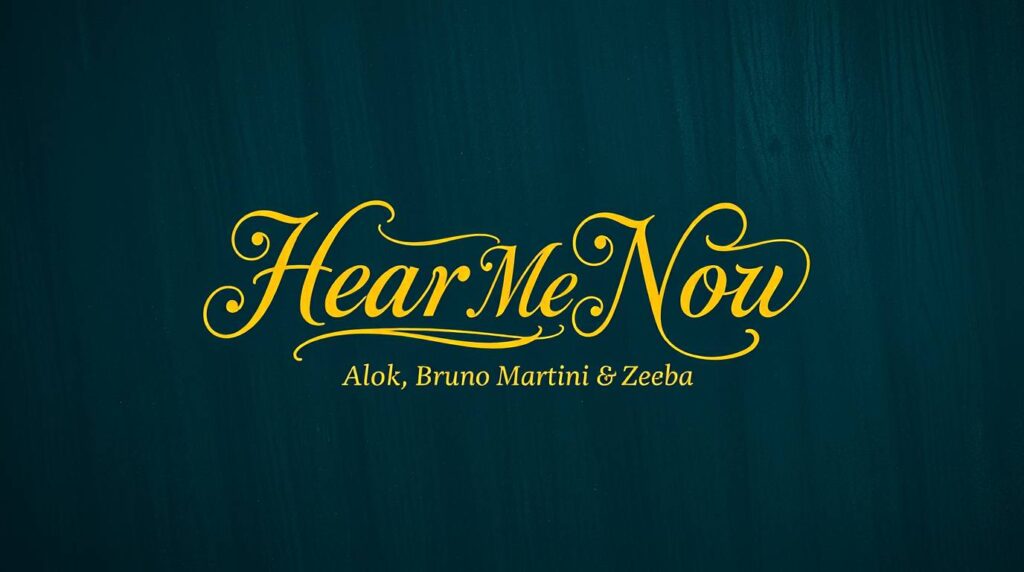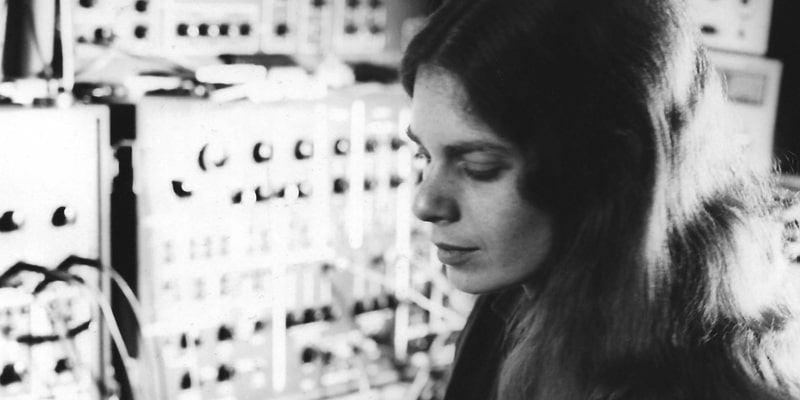The song “Hear Me Now” by Alok, Bruno Martini, and Zeeba is more than just a phenomenon of electronic music. Beneath its loud, vibrant rhythm lies not a collection of catchy lines, but a philosophical manifesto written by someone who sounds like a seasoned mentor. The lyrics resemble a conversation between two selves — the experienced and the young — and within it lies an urgent message about the necessity of growth now.
The Ultimatum of Time: Why Wisdom Is Needed Now
The narrator doesn’t simply give advice; he demands attention, emphasizing the importance of time: “If you get to hear me now.”
The entire song revolves around this word — now.
On one hand, he offers reassurance: “Know you’ll get stronger when you get older.” That’s an eternal truth — experience strengthens us with time. Yet this promise immediately comes with a warning: strength will come only if we choose to listen today. Otherwise, we might become adults who simply shrug their shoulders — dismissive of the very wisdom that could have guided us.
The narrator understands that “things aren’t easy” — and that’s precisely why he insists: “So just believe me now.” This plea forms the emotional core of the song. It’s an offer to spare oneself unnecessary pain: “Don’t learn the hard way, just let me show you how.”
This is a profound insight — a true mentor doesn’t only offer knowledge, but a shortcut to understanding, allowing us to avoid wasting years on the same mistakes.
Self-Control as a Condition for a Future Voice
One of the most subtle yet powerful ideas in this song is the connection between inner calm (in the present) and the ability to express oneself (in the future).
The narrator warns: “If you don’t keep it cool now, you’ll never make a sound.”
This isn’t only about outward composure — it’s about inner chaos. When we let emotions and anxiety take control, the authentic voice of our personality gets silenced.
This leads to a deep philosophical conclusion: discipline over one’s emotions is the foundation of authority and self-expression.
To have a voice that matters, one must first master the art of silence and restraint.
The Two Sides of Honesty: Rejecting Excuses and Accepting Mistakes
The text of “Hear Me Now” demands moral integrity and authenticity.
The narrator calls for open dialogue with the world: “Leave excuses aside, speak out your mind.” It’s a call for courage — to be yourself, stripped of defenses and justifications.
Yet the next line introduces humility: “You’re not always right.”
And that’s the real gem here — honesty must work both ways.
A truly mature person — the “stronger self” you are meant to become — not only speaks boldly but also admits when they’re wrong. This balance prevents pride and self-deception, keeping our mistakes from “sliding by.”
The Reward of Acceptance: Guidance and the Dissolving of Fear
All these demanding instructions lead to a beautiful but conditional reward.
If we accept the mentor’s wisdom — if we truly hear him now — the result isn’t material success, but inner peace:
“All the lights will guide the way,
If you get to hear me now.”
“All the fears will fade away,
If you get to hear me now.”
This is deeply humanistic. The goal of growth isn’t perfection, but peace — the kind that comes through honesty, self-control, and the willingness to accept that things aren’t easy.
Thus, “Hear Me Now” becomes a personal manifesto of conscious maturity — a reminder that to secure a wiser, calmer future, we must act responsibly and listen to our inner voice of wisdom today.
For another example of how electronic music can carry a deeper emotional and philosophical layer, you can read the analysis of “Falling Up” by FIXL feat. Matt Wills.
Rate this post along with 0 others






